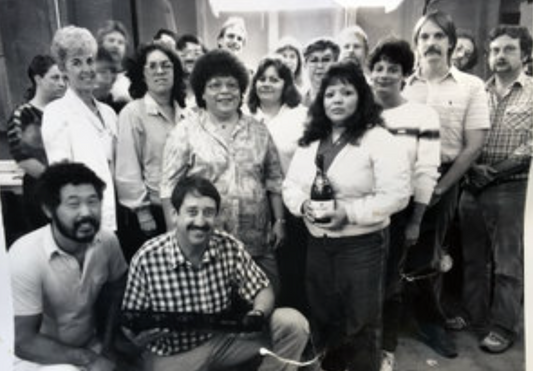In 1990 I had sold PS Audio to try a new adventure, designing and selling high end loudspeakers with my friend, and founder of Infinity, Arnie Nudell. It was a new experience and one that found my family moving from California to Colorado. What a great adventure, and I learned a lot in the seven years we built and made speakers together at Genesis Technologies. The Genesis One's, Twos, and Fives, still some of the best sounding loudspeaker pairs ever built. Though I truly love my Infinity IRSV, I do wish I had managed to get a pair of the Gen 1's. But I am not complaining!
In 1997 I had an opportunity to repurchase PS Audio and wanted to return to what I love best, electronics. Making the transition from speakers to audio electronics wasn't an easy switch after seven years–much had changed in the industry and I had a lot of catching up to do relaunching PS Audio. And, at the time, I didn't really feel I had a lot of new ideas to contribute to the art of amplification. And so I pondered the situation for a good long time. I wanted to launch the new PS Audio with a product that really helped the cause of high end music reproduction. Something new and solving a basic problem few had addressed. And so, my mind drifted back to the roots from which I had started, power.
It occurred to me that while much progress had been made in the art of audio amplification, and digital audio had started coming of age, the one thing sorely missing from the industry was a source of good AC power for the equipment. I had experimented in PS Audio's early days with power supplies and knew of their importance. My partner in PS, Stan Warren, had discovered that the bigger and lower impedance the power supply feeding preamps and power amps was, the better the music sounded: bigger, fuller, less constrained, open and free of electronic signature. For years after this discovery we designed and sold external power supplies of larger and larger sizes–each with bigger and bigger power transformers inside. But why? What difference would big power transformers make to small power draw electronics like preamps? CD players?
With this background I began to noodle on what the mechanics of power might be doing to the equipment that could account for such dramatic differences–improvements–in sound quality. I knew that high end audio equipment sounded different at different times of the day–and it had been obvious to me for some time the reasons for that–the one variable none of us could address, the AC power coming into our homes. With this background, I wondered if I could create a device that would negate these power related issues, and started work on what would eventually become the AC regenerator we know today.








